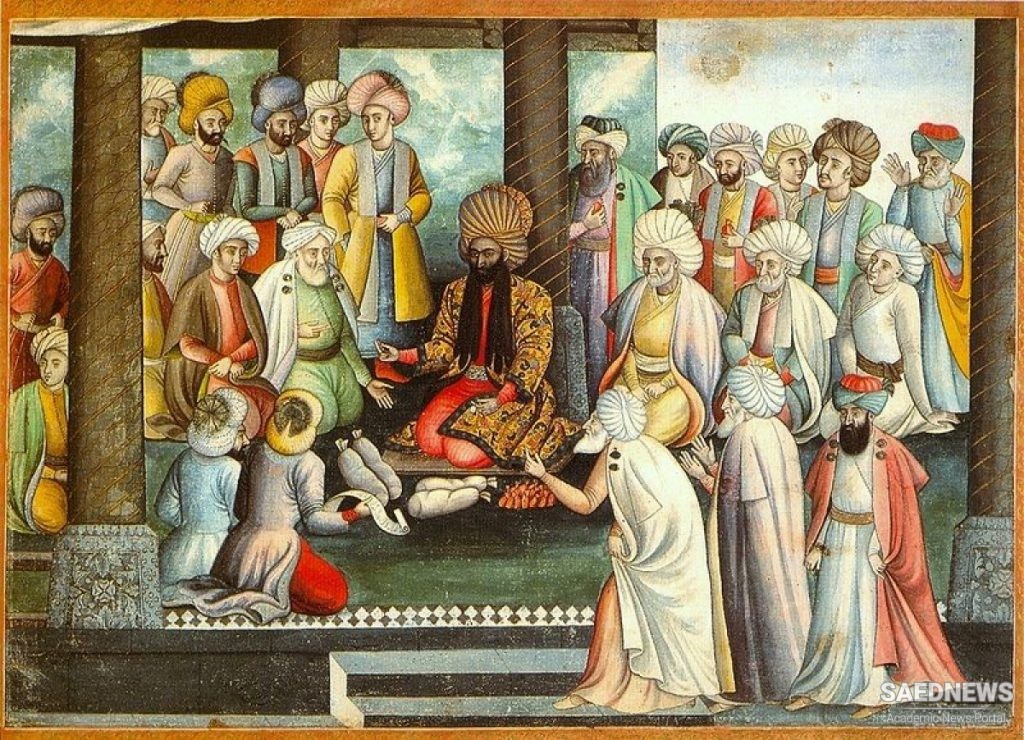We know that Shah Isma'il heaped tokens of his favour on the Iranian notables already mentioned and on their fellows, so that several of them acquired immense wealth. It does not require much imagination to picture the indignation and resentment of the Turkmen aristocracy when they witnessed such favouritism and particularly the serious encroachments on their privileges, real or imagined. Here lies the origin of the strained relations between Turkish and Iranian dignitaries which lasted throughout the 10th/i6th century and are even characteristic of this period of Safavid rule. They will recur frequently in the subsequent history of the dynasty. Isma'Il was undoubtedly aware of these effects of his Iranophile policies, at least to a certain extent. It is therefore plausible to suggest that he had some definite purpose in mind, if only the combatting of the influence of the Turkish military, to whom can be imputed the desire to make him an instrument of their own ambitions. Be that as it may, the geographically determined Iranicisation of the Safavid empire, referred to above, was now compounded with the strengthening of the Iranian element or, to be more precise, the ruling class of the native population. For all the similarity with the previous empire of the Aq Quyunlu, which had also fostered a certain Iranicisation through transferring the capital from Amid to Tabriz, through Uzun Hasan's defeat by the Ottomans in the battle of Bashkent in 878/1473 and through the appointment of Persian notables to posts in the government and the civil service, one observes under Isma'il's regime signs of more or less deliberate measures. It cannot be proved that he consciously attempted to bring about an Iranicisation of the country; but one can certainly postulate that he was familiar with the problem, if only in vague terms. This conclusion is justified by a letter written to him by Sultan Bayezld II. For this letter urges Isma'Il to regard himself as an Iranian ruler and to confine his activities to the affairs of the inhabitants of Iran. Admittedly the recipient of this advice bequeathed to posterity a collection of poems written in Turkish; but according to the testimony of his son Sam Mirza he also wrote Persian poems. We may credit him with an insight into the differences in culture and civilisation between the Persians and the Turks, differences which were probably not insignificant. However strong Ismail's Turkish connections may have been, however important the contribution of the Qizilbash to his political success, the state which he founded could scarcely have been intended to be a Turkish empire.


 Shah Ismail and Consequences of Defeat in Chaldiran Battle
Shah Ismail and Consequences of Defeat in Chaldiran Battle














































